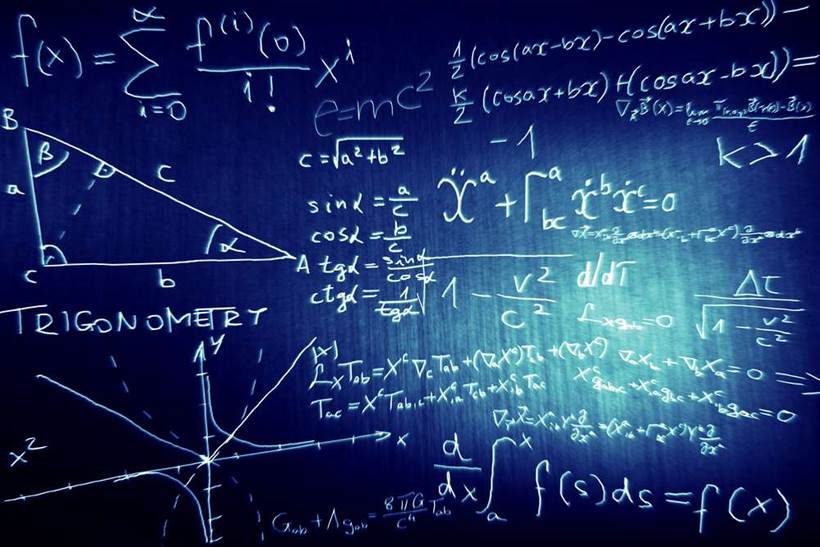More men than women may be choosing science, technology and engineering careers because of a false belief in their maths ability, a new study suggests.
The study, published in the journal Sex Roles, finds women are more realistic than men when it comes to evaluating how good they are at maths.
However, this realism isn’t helping bolster the numbers of women in science, technology, engineering and mathematics (STEM) related jobs.
“Despite assumptions that realism and objectivity are always best in evaluating the self and making decisions, positive illusions about math abilities may be beneficial to women pursuing math courses and careers,” the study’s lead author Shane Bench, of Washington State University, said.
“Such positive illusions could function to protect women’s self-esteem despite lower than desired performance, leading women to continue to pursue courses in STEM fields and ultimately improve their skills.”
The study explores the “positive bias” that men have towards their maths ability and conversely the impact negative stereotypes on women’s ability has on their selection of STEM studies and careers.
“The assumption that men are good at math may influence men’s perceptions of their aptitude in maths such that they perceive they are especially adept, causing them to identify with maths and aspire to careers in STEM,” the study said.
Psychology students participated in two sets of maths tests.
In one test, students sat a brief maths exam and then estimated their percentage of success. They were then told how well they actually fared, and asked to sit another exam. This showed that, confronted with feedback, men tended to assess their maths ability far more realistically.
In the second test scenario, students took one brief exam and received no feedback on how they did. Instead they were asked to rate their performance on the exam, as well as “their intent to pursue maths courses and careers”.
“This method allowed us to uniquely address the role of positivity bias in intent to pursue training and careers in mathematics,” the study said.
As positive biases are built up over time – and assuming they aren’t subject to constant reality checks – one answer to getting more women hooked on STEM careers could be increasing their confidence in maths from an early age.
“An increased level of positivity bias could encourage persistence in the early stages of effort to increase knowledge and ability,” the study said.
“Increasing women’s positivity bias in academic domains may promote retention of women in challenging math courses and careers.
“The present findings suggest that one route to increasing positivity bias in women may be to provide structured positive math experiences at a young age.”
One thing this study does not address, however, is actual performance of men and women in maths exams.
“Future studies should continue to investigate factors that contribute to performance differences on math tests,” the study recommended.










